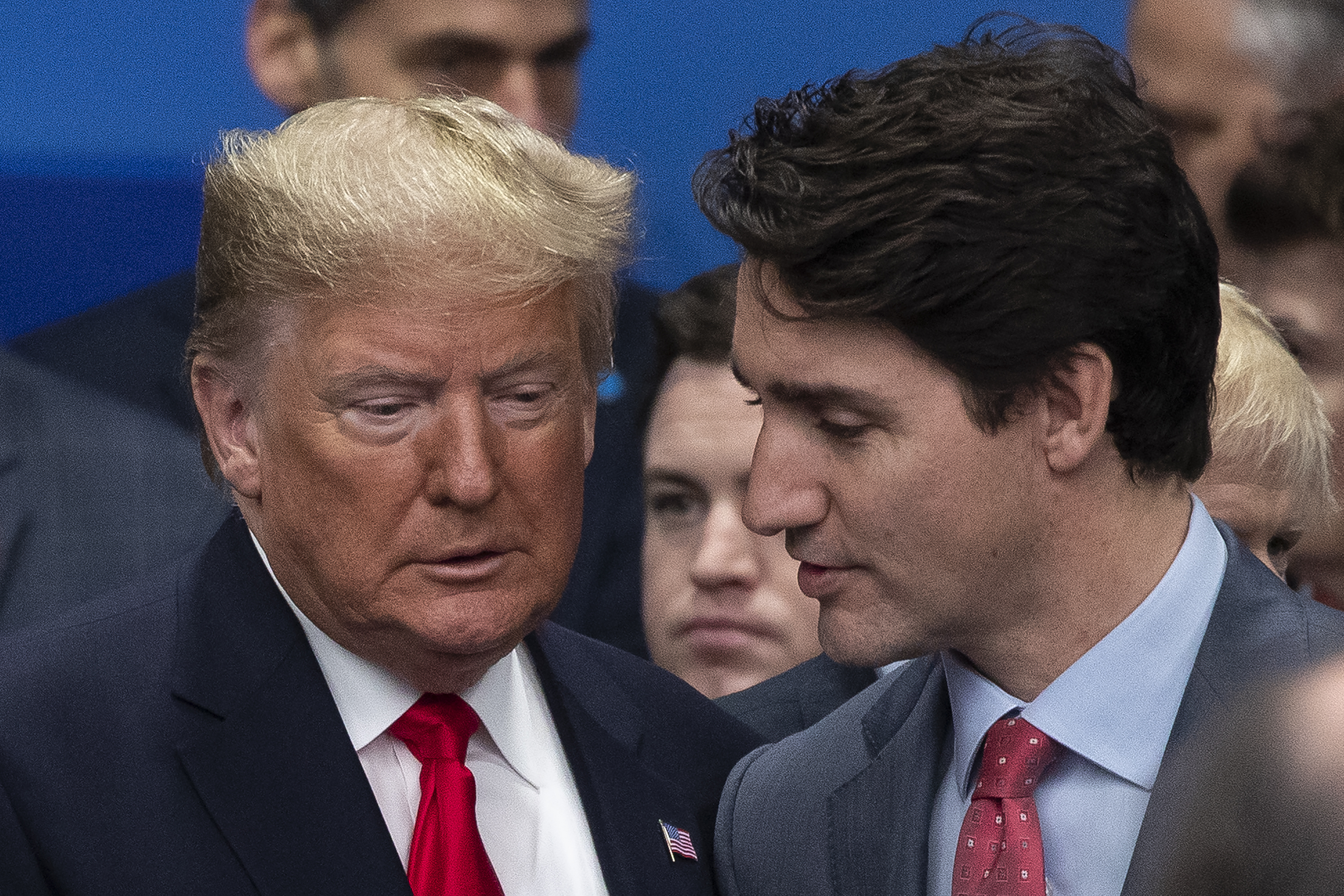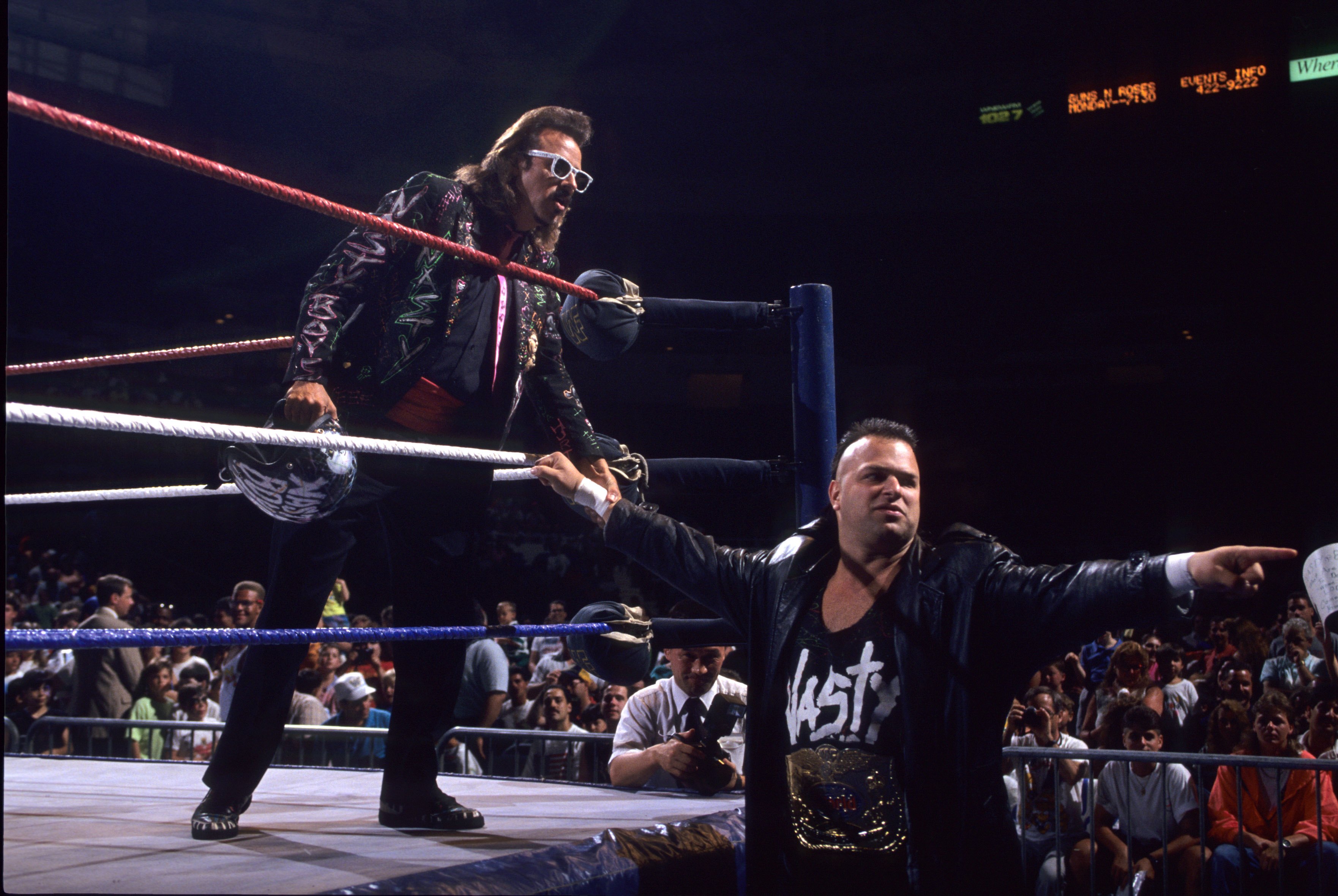The European Union's top diplomat stated on Tuesday that Israel has "no excuses" for rejecting a ceasefire agreement with the Lebanese militant group Hezbollah. Josep Borrell, the European Union's foreign policy chief, emphasized that all Israel's security concerns had been addressed within the framework of the recent U.S.-French-brokered deal.
Borrell has urged increased pressure on Israel to counteract hardliners within its government who oppose a proposed ceasefire agreement with Hezbollah. Speaking at a Group of Seven (G7) meeting in Italy, he warned that without the implementation of a ceasefire, "Lebanon will fall apart."

What Conditions Does Israel Have for Peace With Hezbollah?
Israeli officials have announced that Prime Minister Benjamin Netanyahu's security cabinet is scheduled to convene on Tuesday to deliberate on a proposed ceasefire agreement with Hezbollah. A key point of contention remains Israel's insistence on retaining the right to take action if Hezbollah breaches its commitments under the prospective deal.
Borrell said under the proposed agreement, the U.S. would chair a ceasefire implementation committee, with France participating at the request of Lebanon.
"On the proposal agreement brokered by the U.S. and France, Israel has all security concerns (addressed)," Borrell told reporters in Fiuggi, Italy. "There is not an excuse for not implementing a ceasefire. Otherwise, Lebanon will fall apart."

How Did the Current Conflict Between Israel and Hezbollah Start?
Following the October 2023 Hamas attacks on Israel, the conflict between Israel and the Iranian-backed militant group Hezbollah escalated from intermittent clashes into a full-scale war. Over recent months, Israel has targeted and killed key Hezbollah leaders while deploying ground forces into southern Lebanon, intensifying the regional hostilities.
The ongoing conflict between Israel and Hezbollah has resulted in significant casualties on both sides. According to the Lebanese Health Ministry, Israeli bombardments have killed over 3,500 people in Lebanon and wounded more than 15,000. On the Israeli side, approximately 90 soldiers and nearly 50 civilians have been killed by rockets, drones, and missiles in northern Israel and during ground fighting in Lebanon.
What Difference Will the G7 Make to Peace in the Middle East?
The recent G7 Foreign Ministers' Meeting in Italy, the final one under the Biden administration, was predominantly focused on the escalating conflicts in Gaza and Lebanon. In a significant diplomatic move, the G7 ministers were joined by their counterparts from the "Arab Quintet"—Saudi Arabia, Jordan, Egypt, Qatar, and the United Arab Emirates. This collaboration underscores the international community's heightened concern over the Middle East's deteriorating security situation and the collective pursuit of viable solutions to restore stability in the region.
Borrell, whose term as EU foreign policy chief concludes on Dec. 1, stated that he urged the G7 and Arab ministers to advocate for a U.N. Security Council resolution demanding unrestricted humanitarian aid access to Palestinians in Gaza. He emphasized that deliveries have been blocked by Israel, exacerbating the dire humanitarian crisis in the region.

"The two-state solution will come later. Everything will come later. But we are talking about weeks or days," for desperate Palestinians, he said. "Hunger has been used as an arm against people who are completely abandoned," he said, referencing the recent issuance of arrest warrants by the International Criminal Court (ICC) for Israeli Prime Minister Benjamin Netanyahu and former Defense Minister Yoav Gallant.
This warrant accused them of war crimes and crimes against humanity during the Gaza conflict. The charges include the use of starvation as a method of warfare and attacks on civilians. Israel has vehemently denied these allegations, labeling them antisemitic and a victory for terrorism.
The ICC warrant was also issued against three Hamas leaders who were accused of war crimes, however two of these officials have already been killed in Israeli strikes.
This article includes reporting from The Associated Press




















 English (US) ·
English (US) ·